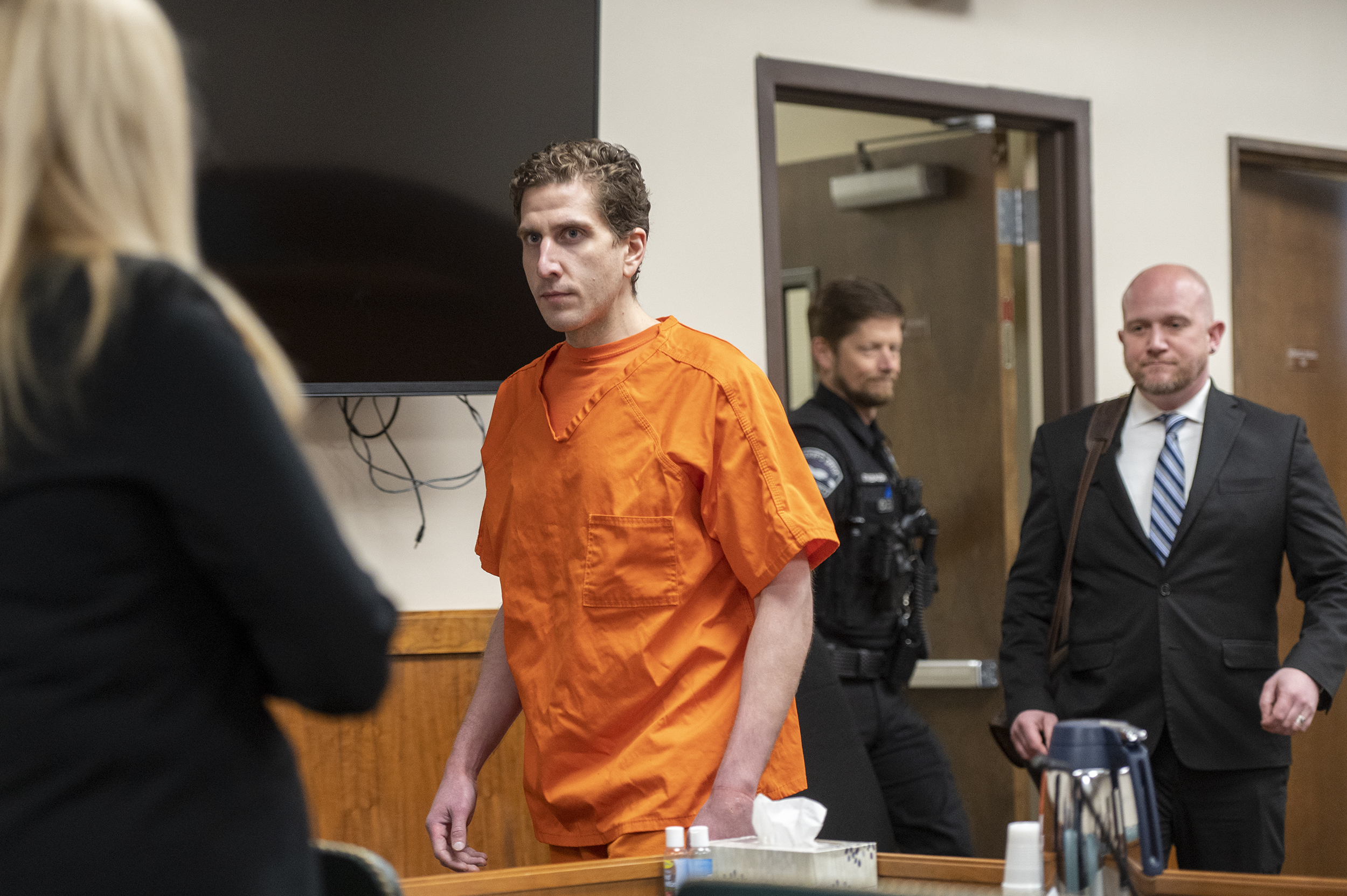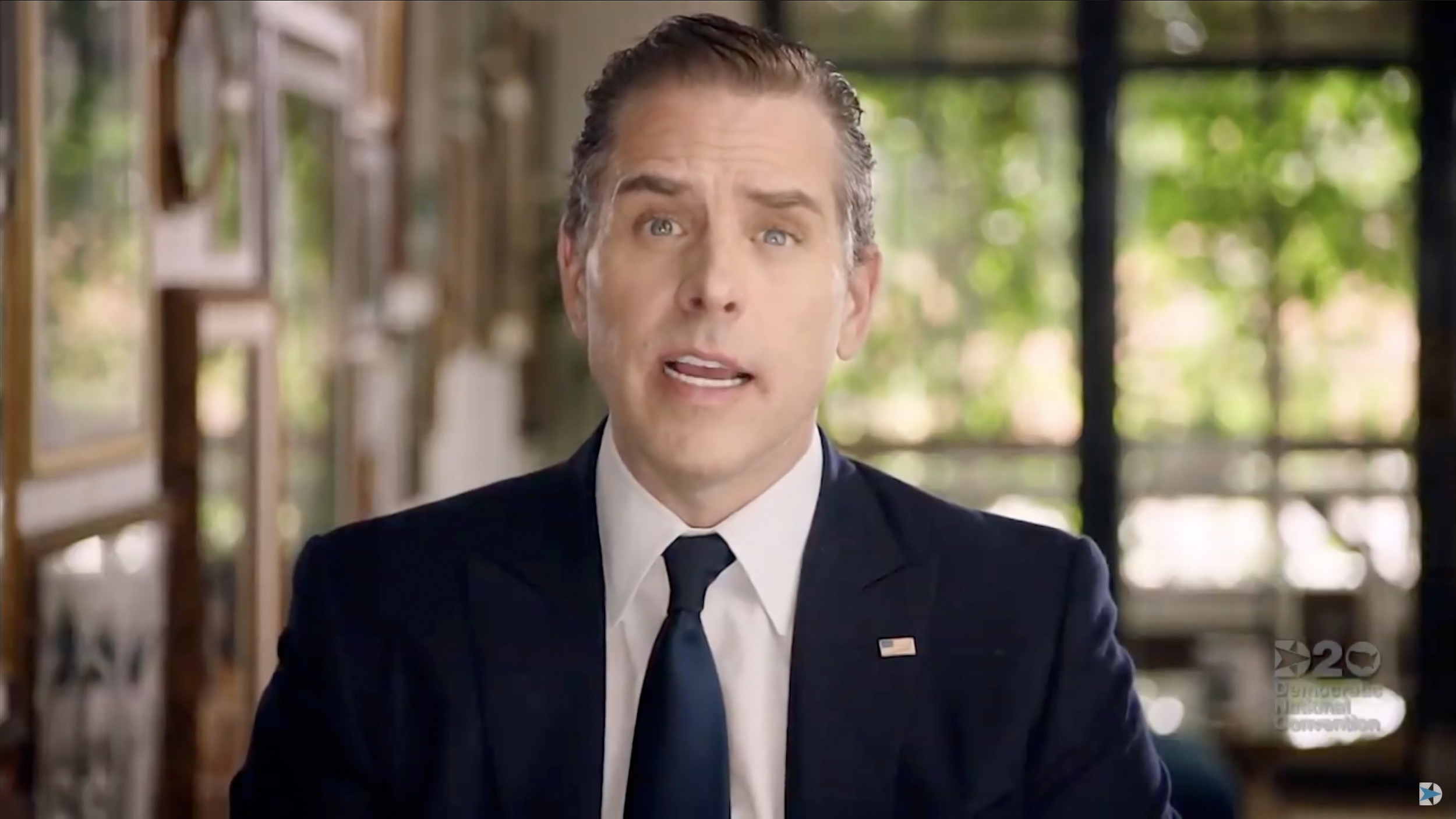Michael McFaul, former U.S. ambassador to Russia, questioned Russian President Vladimir Putin's authority on Sunday, saying that he "accepted humiliation" instead of crushing the Wagner Group's rebellion.
Wagner Group founder Yevgeny Prigozhin, who was once a Putin ally, has been critical of the Russian president and the Russian military over the past few months. On Friday, he attempted to lead a mercenary uprising against the Russian government by advancing inside Moscow, but those efforts were de-escalated Saturday afternoon when he said his troops were returning to their field camps after Putin's top ally, Belarusian President Alexander Lukashenko, negotiated de-escalation steps.
McFaul and U.S. Secretary of State Antony Blinken said on Sunday that Wagner's rebellion revealed cracks in Russian leadership as Prigozhin directly challenged Putin's authority.
"Instead of doubling down with more force to crush the mutiny, Putin accepted humiliation instead. He was the rat trapped in the corner that so many Putinologists have told us to fear. But he didn't lash out & go crazy. He negotiated & with a traitor," McFaul wrote in a Twitter thread.
Instead of doubling down with more force to crush the mutiny, Putin accepted humiliation instead. He was the rat trapped in the corner that so many Putinologists have told us to fear. But he didn't lash out & go crazy. He negotiated & with a traitor. 4/
— Michael McFaul (@McFaul) June 25, 2023
In a televised address on Saturday, Putin called Wagner Group's revolt a "stab in the back" and vowed to take "decisive action," but didn't reveal specific details about potential steps against the mercenary.
"Those who have organized an armed rebellion will be held accountable," the Russian leader said without referring to Wagner or Prigozhin. "Those who have been drawn into this I call on you to stop your criminal actions."
Putin added in his address that the troops "who went on the path of treason will be punished and will be held accountable," and said that "the armed forces have been given the necessary orders."
Putin launched his full-scale invasion of Ukraine last February, with great confidence that he would win what he called at the time a "special military operation," with predictions that Kyiv would fall within days. However, the stronger-than expected response from Ukraine, which was bolstered by Western aid, undermined Putin's power as Russian forces continued to face strategic failures since the war began.

"Putin talked tough in his national address. He sounded like someone preparing for a big fight. But when faced with the difficult decision of trying to stop Wagner mercenaries with major force, he backed down," McFaul wrote in his Sunday Twitter thread.
The former ambassador added: "He didn't escalate. He didn't need a face-saving off-ramp to declare victory. When facing the possibility of really losing to Wagner mercenaries coming into Moscow, he just capitulated."
Putin talked tough in his national address. He sounded like someone preparing for a big fight. But when faced with the difficult decision of trying to stop Wagner mercenaries with major force, he backed down. 2/
— Michael McFaul (@McFaul) June 25, 2023
Echoing McFaul's remarks about Putin's authority, Blinken said during a Sunday appearance on ABC News' This Week that Prigozhin's revolt raised questions about the overall conduct of the war.
"This has been a devastating, strategic failure for Putin across virtually every front, economic, military, geopolitical standing. And, fundamentally, what it's done or not done for the Russian people," Blinken said, but added that it is still hard to speculate what will happen next because Putin "has put in place a state that's designed around him with control of the media, control of the information space."
After aborted mercenary uprising, Secretary of State Blinken tells @JonKarl that Russians are questioning the war in Ukraine and "what good this has actually done for Russia."
— This Week (@ThisWeekABC) June 25, 2023
"This has been a devastating, strategic failure for Putin." https://t.co/hlqgG5VJkb pic.twitter.com/GbMJ3Qrrme
During a separate appearance on Sunday on NBC News' Meet the Press, the secretary of state pointed that the recent events that transpired in Russia were "extraordinary" because Moscow has been put in a situation in which it had to defend itself the same way Kyiv stepped up 16 months ago to defend Ukrainian independence and existence.
"Now what we've seen is Russia having to defend Moscow, its capital, against mercenaries of its own making. So, in and of itself, that's extraordinary," Blinken said, adding that Putin certainly has questions to answer within the upcoming weeks and months.
WATCH: "Russia [is] having to defend Moscow ... against mercenaries of its own making," Sec. Blinken says.@SecBlinken: The Wagner Group rose "a direct challenge to Putin’s authority. ... We've seen more cracks emerge in the Russian façade." pic.twitter.com/g00rqwmoWi
— Meet the Press (@MeetThePress) June 25, 2023
Meanwhile, CNN's State of the Union host Dana Bash asked Blinken on Sunday whether he believes that the Wagner Group's revolt is the beginning of the end for Putin.
"I don't want to speculate about that," Blinken responded. "This is, first of all, an internal matter for Russia. What we have seen is this, though. We have seen this aggression against Ukraine become a strategic failure across the board. Russia is weaker economically, militarily."
He continued: "Its [Russia's] standing around the world has plummeted. It's managed to get Europeans off of Russian energy. It's managed to unite and strengthen NATO with new members and a stronger alliance. It's managed to alienate from Russia and unite together Ukraine in ways that it's never been before. This is just an added chapter to a very, very bad book that Putin has written for Russia."
Newsweek reached out by email to the Russian defense ministry for comment.








